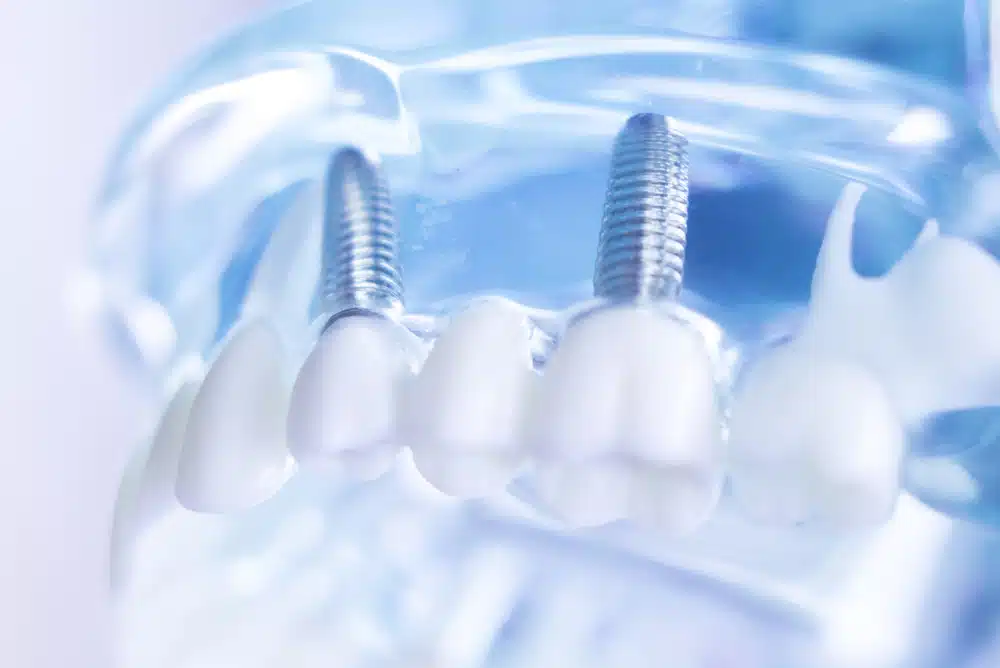Dental Implants

Dental Implants: The Key to a Confident Smile
Dental implants have transformed dentistry by providing a reliable solution to tooth loss that restores both function and appearance. While titanium remains the most commonly used material, zirconia is gaining popularity, especially in Europe, due to its potential benefits. This article explores the different types of implants, focusing on both titanium and zirconia, and explains why they often outperform traditional alternatives like bridges and removable dentures.
The Remarkable World of Dental Implants
Losing a tooth can be distressing, but implants offer a way to restore the look and function of natural teeth. These biocompatible posts are surgically placed in the jawbone, creating a stable foundation for artificial teeth or other dental prosthetics.
Why Choose Implants Over Traditional Alternatives?
Many patients choose implants over traditional options like bridges or dentures for several reasons:
- Long-Term Cost Savings: Implants may involve a higher upfront cost, but they often prove more cost-effective over time. Traditional solutions, such as bridges, frequently need replacements, which drives up long-term costs. Implants, designed for longevity, offer a better investment when properly cared for.
- Preservation of Adjacent Teeth: Bridges require altering healthy teeth to support the prosthetic, which can weaken them and lead to additional problems. Implants, however, do not impact adjacent teeth, maintaining their strength and integrity.
- Stability and Functionality: Implants look, feel, and function like natural teeth, offering unmatched stability. They allow patients to eat, speak, and smile confidently, unlike removable dentures that can shift or slip during use.
- Bone Health: One of the key benefits of implants is their ability to support jawbone health. By stimulating bone growth through osseointegration, implants help maintain facial structure and prevent the bone loss commonly seen with other restorative methods.
Exploring Zirconia Implants
While titanium remains the standard, zirconia implants are emerging as an attractive alternative for those concerned about having metals in their mouth. With benefits like natural aesthetics and enhanced biocompatibility, zirconia is particularly suitable for front teeth restorations.
Understanding the Limitations of Zirconia Implants
Zirconia implants come with certain limitations, including potential challenges with osseointegration, higher costs, and the need for highly skilled clinicians. Patients should discuss these factors with their dentist to make an informed decision.
Making the Right Choice
Whether opting for titanium or zirconia, implants provide a transformative solution for tooth loss. They deliver lasting results, preserve neighboring teeth, and offer unmatched stability and functionality. Consulting with a knowledgeable dentist will help you determine the best option based on your specific needs and concerns.
